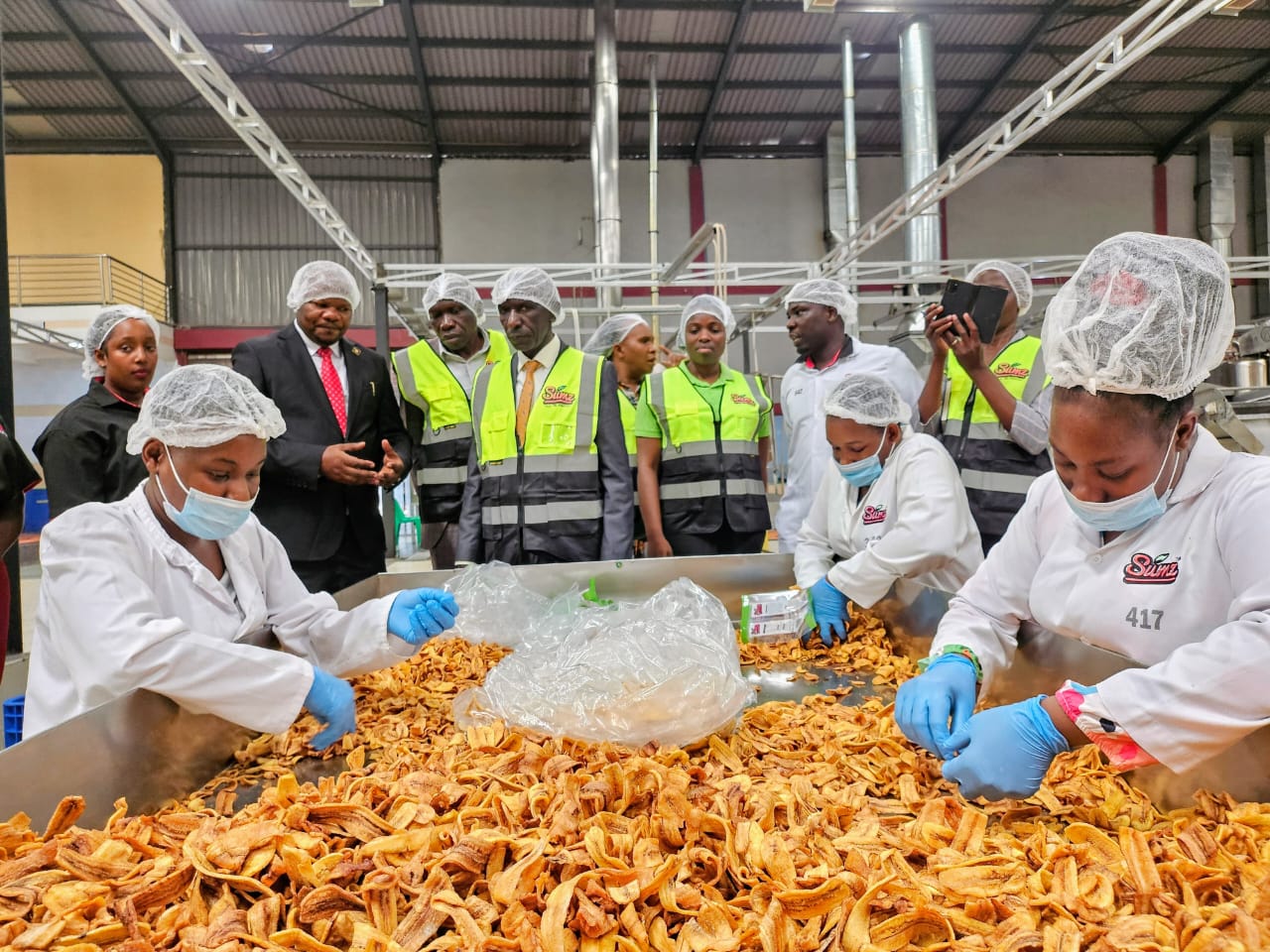KAMPALA, Uganda — The U.S. Food and Drug Administration (FDA) has agreed to waive clinical efficacy testing requirements for two of Dei Biopharma’s cancer therapies, including pembrolizumab (Keytruda) and trastuzumab (Herceptin). This groundbreaking decision is poised to fundamentally change how these life-saving drugs are developed and approved, making them more accessible and affordable for millions of people in Africa and globally.
Speaking at the 5th Uganda Conference on Cancer & Palliative Care, Dr. Matthias Magoola, founder of Dei Biopharma, explained that the high cost of existing cancer treatments, which can reach millions of dollars per dose, makes them unaffordable for over 80% of the world’s population. He said his company aims to address this by manufacturing essential biological drugs and vaccines in Uganda for global distribution.
Dr. Magoola detailed Dei Biopharma’s innovative approach, which involves using synthesis-based therapeutic proteins to bypass the expensive and complex recombinant processes that drive up costs.
He also highlighted two unique, patented solutions for cancer treatment, both of which have been published by the U.S. Patent Office:
A combined mRNA and CRISPR-Cas9 technology that targets and eliminates cancerous cells with precision.
An early detection system designed to alert the immune system to tumors at an early, painless stage.
Additionally, Dei Biopharma has filed a patent for a Universal mRNA Cancer Vaccine platform that uses an “off-the-shelf” approach. Unlike personalized vaccines that can take months to manufacture, this universal vaccine is designed to trigger a broad immune response immediately. This could make treatment readily available and reduce costs by as much as 100-fold. The company is also seeking a patent for a CAR-T cell immunotherapy that he says will cost less than $100 per patient, a dramatic reduction from the current cost of over $500,000.
Dei Biopharma is also focusing on localizing gene and cell therapy. The company is in discussions with the Uganda Cancer Institute to transfer its gene and cell therapy unit to Mulago, allowing it to produce advanced treatments like CAR-T cell therapy locally.
Dr. Magoola emphasized that these innovations represent high-value assets for Uganda and have the power to transform the nation’s economic fortunes. By manufacturing these drugs in Uganda, the government can collect significant tax revenue, which can be reinvested into the economy to boost the country’s GDP. He noted that the annual revenue of a single drug like pembrolizumab, which is $30 billion, is more than the total revenue of all East African countries combined.
In June 2025, Magoola was named a national “Faces of Science” in Uganda for his contributions to biotechnology and pharmaceutical innovation. He also announced that the FDA formally accepted the development plans for two other products, liraglutide and semaglutide, on August 7, 2025. Dei Biopharma projects sales for these drugs to exceed $1 billion within 90 days of their approval.
Do you have a story in your community or an opinion to share with us: Email us at Submit an Article








